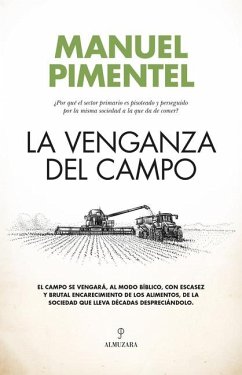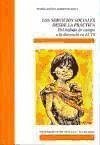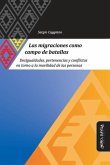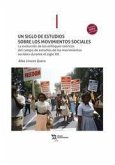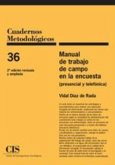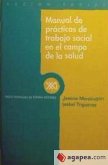The revenge of the countryside is already here. Food prices are rising sharply and the forgotten food crises are threatening to reappear. Why is it that yesterday there was plenty of food and today there seems to be a shortage? Disdain for the countryside and the imbalances of de-globalization are the main reasons. However, public officials unfairly and demagogically blame distributors and farmers, trying to justify their own mistakes and errors. How could we have reached this sad, unfair and suicidal situation? How has it been possible for society to despise those who feed it? Why have we, farmers, stockbreeders and fishermen, gone from heroes to villains? Why does today's society not only not value us, but, on the contrary, considers us enemies of the environment, parasites of the CAP, lords of other times, animal abusers? Why, if prices rise, do we continue to abandon our fields? This short essay tries to understand the whys and wherefores of this paradoxical and contradictory situation. We punish the people of the countryside while we demand abundant, healthy and cheap food. We want good, beautiful and cheap food, but without agriculture or farmers, meat without livestock or farmers, fish without fishing or fishermen. We protest about the rise in food prices, while at the same time we prohibit water transfers, persecute farms or question irrigation and fertilizers, among many other limitations or prohibitions. Of course, that does not work. Throughout these years, farmers have protested with resounding tractor actions, but when it comes down to it, no one has paid any attention to them. The string of rules of all kinds that hinder or make their activity impossible continues to unfold with fatal consequences. They are dying without the society they feed seeming to care in the least. Farmers, ranchers and fishermen are not part of the problem, they are part of the solution. They want to work in peace, with dignity, in a sustainable and profitable way, to fulfill their transcendent mission of feeding us. They do not work only for the bread of their children, they work above all for the bread of everyone else's children.

